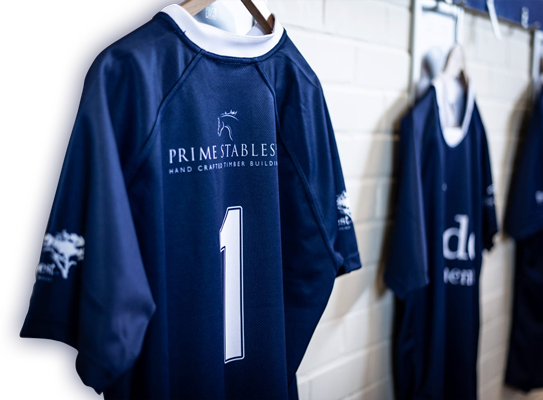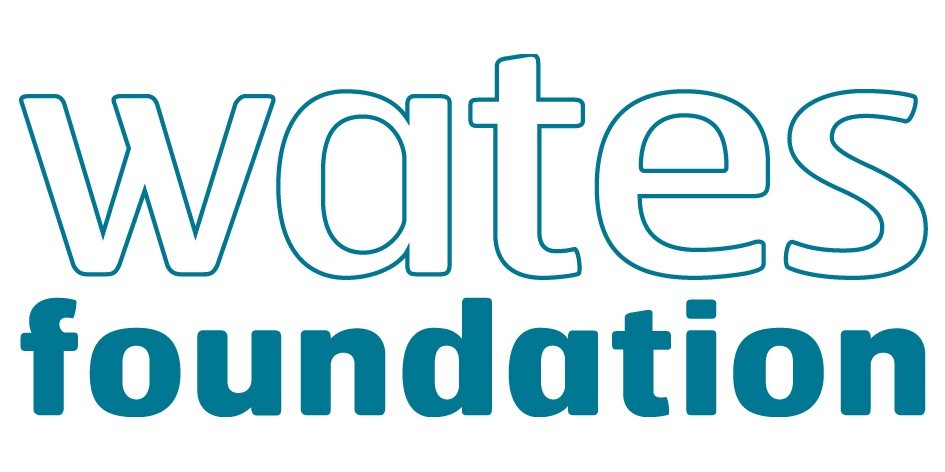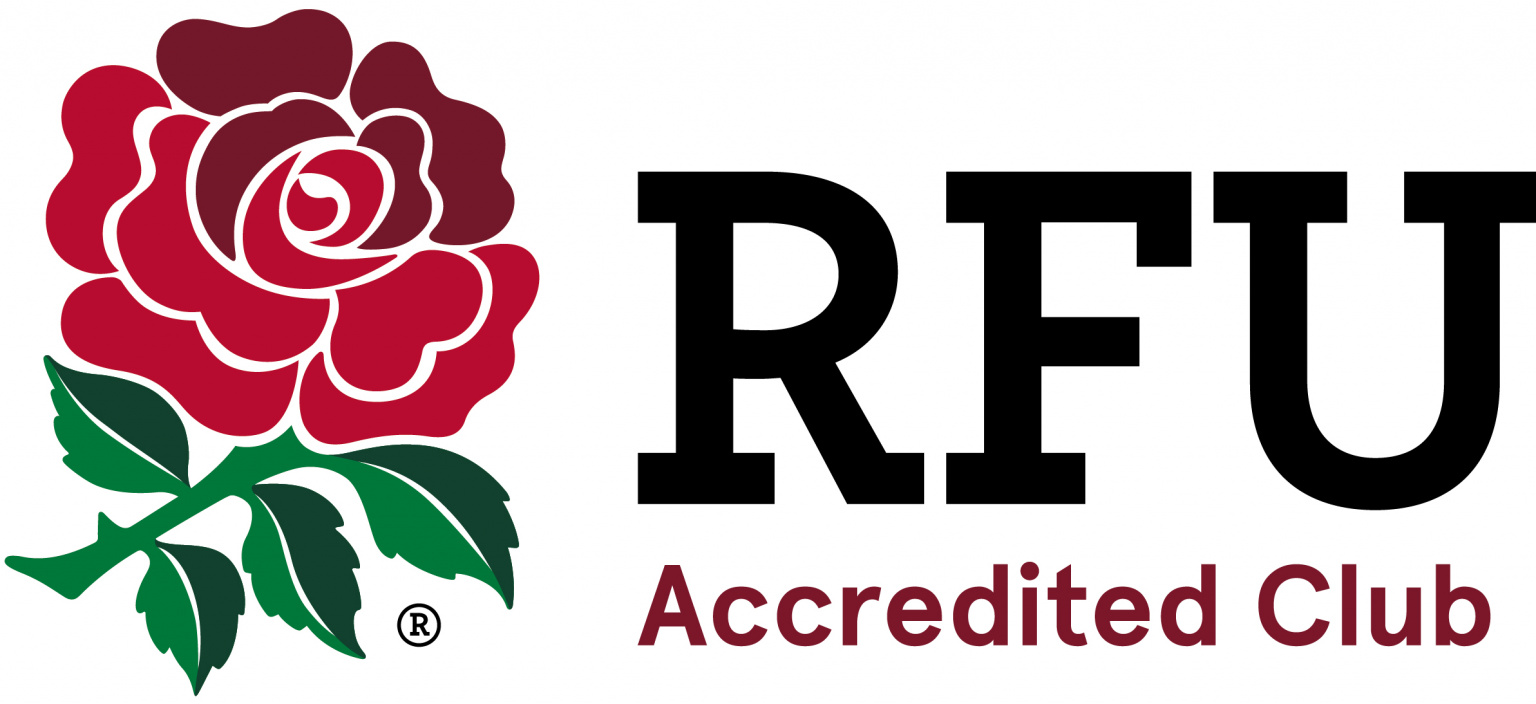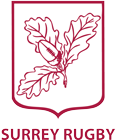Safeguarding Policy
The aim of this document is to outline our approach to Safeguarding at Cranleigh Rugby Football Club (CRFC). It should be read and understood by all club officials, coaches and members who deal with children and vulnerable adults. To report any safeguarding issues, Please email James Moore at cranleighrfcsafeguarding@gmail.com or call 07717 450292
- Cranleigh Rugby Football Club acknowledges its responsibility to safeguard the welfare of all children involved in its club from harm.
- Cranleigh RFC confirms that it adheres to the Rugby Football Union’s Safeguarding Policy and the procedures, practices and guidelines and endorse and adopt the Policy Statement contained in that document and any successor policy.
- A child is anyone under the age of 18 engaged in any rugby union activity. However, where a 17-year-old male player is playing in the adult game it is essential that every reasonable precaution is taken to ensure his safety and wellbeing are protected.
The Key Principles of the RFU Safeguarding Policy are that:
- The welfare of the child is, and must always be, paramount to any other considerations.
- All participants regardless of age, gender, ability or disability, race, faith, culture, size, shape, language or sexual identity have the right to protection from abuse or harm.
- All allegations or suspicions of abuse, neglect, harm and poor practice will be taken seriously and responded to swiftly, fairly and appropriately.
- Working in partnership with other organisations, statutory agencies, parents, carers, children and young people is essential for the welfare of children.
- Children have a right to expect support, and personal and social development delivered by an appropriately recruited, vetted and managed in relation to their participation in rugby union, whether they are playing, volunteering or officiating in the community or professional areas of the sport.
- Cranleigh RFC recognises that all children have the right to participate in sport in a safe, positive and enjoyable environment whilst at the same time being protected from abuse, neglect, harm and poor practice. Cranleigh RFC recognises that this is the responsibility of everyone involved, in whatever capacity, at the club.
- Cranleigh RFC will implement and comply with the RFU Code of Conduct and the Codes of Conduct for Coaches, Spectators and Officials as appropriate.
- The Club Safeguarding Officers is James Moore. If you witness or are aware of an incident where the welfare of a child has been put at risk you must, in the first instance, inform the Club Safeguarding Officer. They will then inform the CB Safeguarding Manager and the RFU Safeguarding Team. If an incident involves the Club Safeguarding Officer you should inform the Chairman of Minis and Juniors and either the CB Safeguarding Manager or the RFU Safeguarding Team.
- All members of Cranleigh RFC who work with children in Regulated Activity must undertake an RFU Disclosure and Barring Service (DBS) check in accordance with RFU Regulation 21.
- Cranleigh RFC will ensure that all its members, whether they are coaches, parents, players or officials will comply with the Best Practice Guidance as issued by the RFU. In summary, the following are not acceptable and will be treated seriously by the club and may result in disciplinary action being taken by the club, the CB or the RFU:
- Working alone with a child.
- Consuming alcohol whilst responsible for children.
- Providing alcohol to children or allowing its supply.
- Smoking in the presence of children.
- Humiliating children.
- Inappropriate or unnecessary physical contact with a child.
- Participating in, or allowing, contact or physical games with children.
- Having an intimate or sexual relationship with any child developed as a result of being in a ‘position of trust.’
- Making sexually explicit comments or sharing sexually explicit material.
- Cranleigh RFC manages the changing facilities and arranges for them to be supervised by two DBS checked adults of the appropriate gender for the players using the facilities.Cranleigh RFC ensures that all its coaches, parents, officials and spectators are aware that adults must not change at the same time, using the same facilities as children.
- Cranleigh RFC will ensure that its coaches, team managers and first aiders will receive the support and training considered appropriate to their position and role. The RFU “Managing Challenging Behaviour” Policy has been adopted and circulated amongst the club workforce both, voluntary and paid.
- Any events held on Cranleigh RFC premises must comply with this Policy and if appropriate a Safeguarding Plan should be discussed and circulated to those affected. Any tours, overseas or domestic, undertaken by Cranleigh RFC must comply with the relevant RFU Regulations and Guidance relating to tours.
- Cranleigh RFC has a strict Zero Policy on the use of drugs. Any person found using, dealing or under the influence of drugs whilst at Cranleigh Rugby Club or representing the Club will be instantly banned from the club and the matter will be referred to the RFU / Police where appropriate.
- Appoints a Club Safeguarding Officer (CSO), as the first point of contact for safeguarding and welfare concerns
- Ensures that the CSO:
- is a member of, or attends the appropriate club committees making safeguarding issues a priority at the proper level; and
- works in accordance with the Safeguarding Toolkit
- Develops a safeguarding training plan, ensuring that as a minimum:
- the CSO attends an “In Touch” Workshop within six months of taking up the post
- each mini and youth age group has at least one person who has attended the “Play It Safe” course
- Promotes best practice throughout the club
- Informs all members, parents and children when a new CSO is appointed
- Publishes the club’s own safeguarding policy which reinforces the RFU Safeguarding Policy and procedures which reflects the unique local circumstances for that club and makes it accessible to all members
- Ensures all club officers and committee members are aware of their safeguarding responsibilities
- Ensures that at any youth disciplinary panel, the CSO supports the child and ensures the panel considers the child’s emotional wellbeing throughout following the RFU Guidance available for achieving best evidence for child witnesses
- Identifies any signs of harm or concerns and reports them to the CBSM and/or the RFU Safeguarding Team
- Ensures that the club’s Children’s Workforce have up-to-date DBS checks in accordance with Best Practice Guidance and RFU Regulation 21.
Beyond the child’s developmental capability, as well as overprotection and limitation of exploration and learning, or preventing them from participating in normal social interaction. It may involve a child seeing or hearing the ill-treatment of another as well as serious bullying (including online bullying) causing children frequently to feel frightened or in danger, or the exploitation or corruption of children. Some level of emotional abuse is involved in all types of maltreatment of a child, though it may
also occur alone.
Examples of emotional abuse in sport include subjecting children to constant criticism, name-calling, and sarcasm or bullying. It could also include their regular exclusion from an activity, such as unjustified non-selection for a team, failing to rotate squad positions or more subtle actions such as staring at or ignoring a child. Putting players under consistent pressure to perform to unrealistically high standards is also a form of emotional abuse.
Neglect
Neglect is the persistent failure to meet a child’s basic physical and/or psychological needs, likely to result in the serious impairment of their health or development. Neglect may involve a parent or carer failing to: provide adequate food, clothing and shelter (including exclusion from home or abandonment); protect a child from physical
and emotional harm or danger; ensure adequate supervision (including the use of inadequate care- givers); or ensure access to appropriate medical
care or treatment. It may also include neglect of, or unresponsiveness to, a child’s basic emotional needs.
Examples of neglect in sport could include: not ensuring children are safe; exposing them to undue cold or heat or unsuitable weather conditions,
or exposing them to unnecessary risk of injury.
Bullying
Bullying is often considered to be a fifth type of abuse but when it does occur it usually has elements of one or more of the four categories identified.
The bully can be a parent who pushes too hard,
a coach or manager with a ‘win at all costs’ attitude or another intimidating child. It should also be recognised that bullying can take place in the virtual world of social networking sites, emails or text messages (online bullying sometimes referred to as cyberbullying). Bullying is serious and must not be ignored and in common with all other forms of abuse the victim should be supported through what can be a traumatic experience.
Bullying will not just go away. Bullies can be very cunning and develop strategies to avoid it being seen by anyone but the victim.
Bullying takes many forms, but ultimately it is the perception of the victim that determines whether or not they are being bullied rather than the intention of the bully.
There are opportunities to bully at any rugby club or activity. It is the way that bullying concerns are dealt with which makes the difference between life being tolerable or becoming a misery for the victim.
Poor Practice
Poor practice arises when the needs of children are not afforded the necessary priority, compromising their wellbeing. Poor practice can easily turn into abuse if it is not dealt with as soon as concerns are raised or reported. Clubs which allow poor practice to go unchallenged may find that their culture is one which allows abuse to exist and be accepted as the norm.
Examples of poor practice may include shouting, excessive training, the creation of intra-club ‘elite squads’, ridicule of children or children’s errors, ignoring health and safety guidelines and failing to adhere to the club’s code of conduct.
Abuse is the maltreatment of a child. Somebody may abuse or neglect a child by inflicting harm, or by failing to act to prevent harm. Children may be abused in a family or in an institutional or community setting by those known to them or, more rarely, by others (e.g. via the internet). They may be abused by an adult or adults or another child or children.
There are four main types of abuse:
PHYSICAL, SEXUAL, EMOTIONAL, AND NEGLECT
An individual may abuse or neglect a child directly or may be responsible for abuse by failing to prevent another person from harming that child. Bullying is also abusive behaviour which generally incorporates more than one of the four types of abusive behaviour. Those involved with children should be aware that abuse, neglect and safeguarding issues are rarely standalone events that can be covered by one definition or label and in most cases, multiple issues will overlap with one another.
Physical abuse
Physical abuse may involve hitting, shaking, throwing, poisoning, burning or scalding, drowning, suffocating, or otherwise causing physical harm to a child. Physical abuse may also be caused when
a parent or carer fabricates the symptoms of, or deliberately induces, illness in a child.
Examples of physical abuse in sport include extreme physical punishments; forcing a child into training and competition that exceeds the capacity of his or her immature and growing body or limitations of a disability; assaulting a person; or where the child is given drugs to enhance performance or in the case of a child, delay puberty.
Sexual abuse
Sexual abuse involves forcing or enticing a child
to take part in sexual activities, not necessarily involving a high level of violence, whether or not the child is aware of what is happening. The activities may involve physical contact, including assault by penetration (for example rape or oral sex) or non-penetrative sexual acts such as masturbation, kissing, rubbing and touching outside of clothing. They may also include non-contact activities, such as involving children in looking at, or in the production of, sexual photographic or online images, watching sexual activities, encouraging children to behave in sexually inappropriate ways, or grooming a child in preparation for abuse (including via text or the internet). Sexual abuse is not solely perpetrated by adult males. Women can also commit acts of sexual abuse, as can other children.
Emotional abuse
Emotional abuse is the persistent emotional maltreatment of a child such as cause severe and adverse effects on the child’s emotional development. It may involve conveying to a child that they are worthless, unloved, inadequate,or valued only insofar as they meet the needs of another person. It may include not giving the child opportunities to express their views, deliberately silencing them or “making fun” of what they say or how they communicate. It may feature age or developmentally inappropriate expectations being imposed.
Cranleigh RFC Safeguarding Officer:
James Moore
cranleighrfcsafeguarding@gmail.com
07717 450292
The RFU Safeguarding Team contacts:
Richard Smallbone
Senior Safeguarding Manager
richardsmallbone@rfu.com
0208 831 7832
Kath Bennett
Safeguarding Case Manager
kathbennett@rfu.com
0208 832 7479
Clare Scott
Safeguarding Case Officer
clarescott@rfu.com
0208 831 7480
Chris Rawlings
Safeguarding Compliance Officer
chrisrawlings@rfu.com
0208 831 7454
Referral Management Group
rmg@therfu.com
Confidential Helplines :
NSPCC Helpline
0808 800 5000
www.nspcc.org.uk
(for adults – 24 hours)
Children Protection
in Sport Unit
0116 234 7278
www.thecpsu.org.uk
ChildLine
0800 1111
(for children – 24 hours)
COME AND ENJOY THE CRANLEIGH RFC SHOP
Come and get the latest Cranleigh RFC kit range for all Senior, Mini & Youth, Membership, Event Tickets and apparel needs!
Click here to visit our kit shop
PROUD SPONSORS OF CRANLEIGH R.F.C
Cranleigh RFC thanks all of it’s sponsors in helping us to build a club that our community can be proud of! Find out more about how to support & sponsor Cranleigh RFC.
SponsorsAffiliations
































